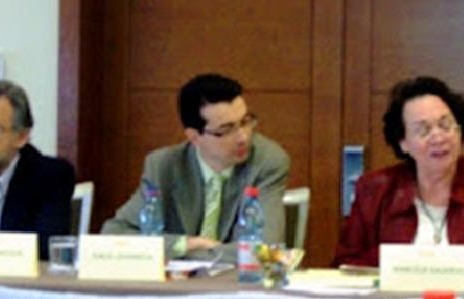Chinese Reactions to the Brazil Protests
Protests in Brazil are currently the focus of discussion and debate within Chinese government institutions.
This post is also available in: Spanish
In an article published by El País, Ariel Fiszbein and Emiliana Vegas argue that Chile is currently undergoing a profound debate on the future of its education system. Despite being the most advanced country in Latin America with respect to education, Chile wants to be a developed country and is not satisfied with only comparing results with its neighbors. Its role models are the most developed countries who are fellow members of the OECD group. In this group, the Chilean education system leaves much to be desired.
In fact, among the 65 countries that participated in PISA 2012, Chile was ranked 51. This mixture of results well above its neighbors, but well below the countries to which Chile aspires to resemble, is evident in the strong demands for substantial improvements in the quality and equality of educational opportunities.
Fiszbein and Vegas invite us to analyze the international evidence regarding which policies have shown positive results on the quality and equity of education. In their opinion, five factors are critical: (1) setting ambitious learning goals; (2) ensuring that all children enter the school system ready to learn; (3) supporting current teachers and attracting the most talented individuals to the educational system; (4) investing in attractive learning environments for teachers and students; and (5) building ties between the educational system and the production world.
Read the original article: La paradoja de la educación en Chile (in Spanish).
Read an English translation of the article: The Paradox of Education in Chile.
Protests in Brazil are currently the focus of discussion and debate within Chinese government institutions.
Unique lens into what those who know education policy best are saying about current trends in Latin America.
Protests in Chile are a consequence of social successes and failures in the country.

